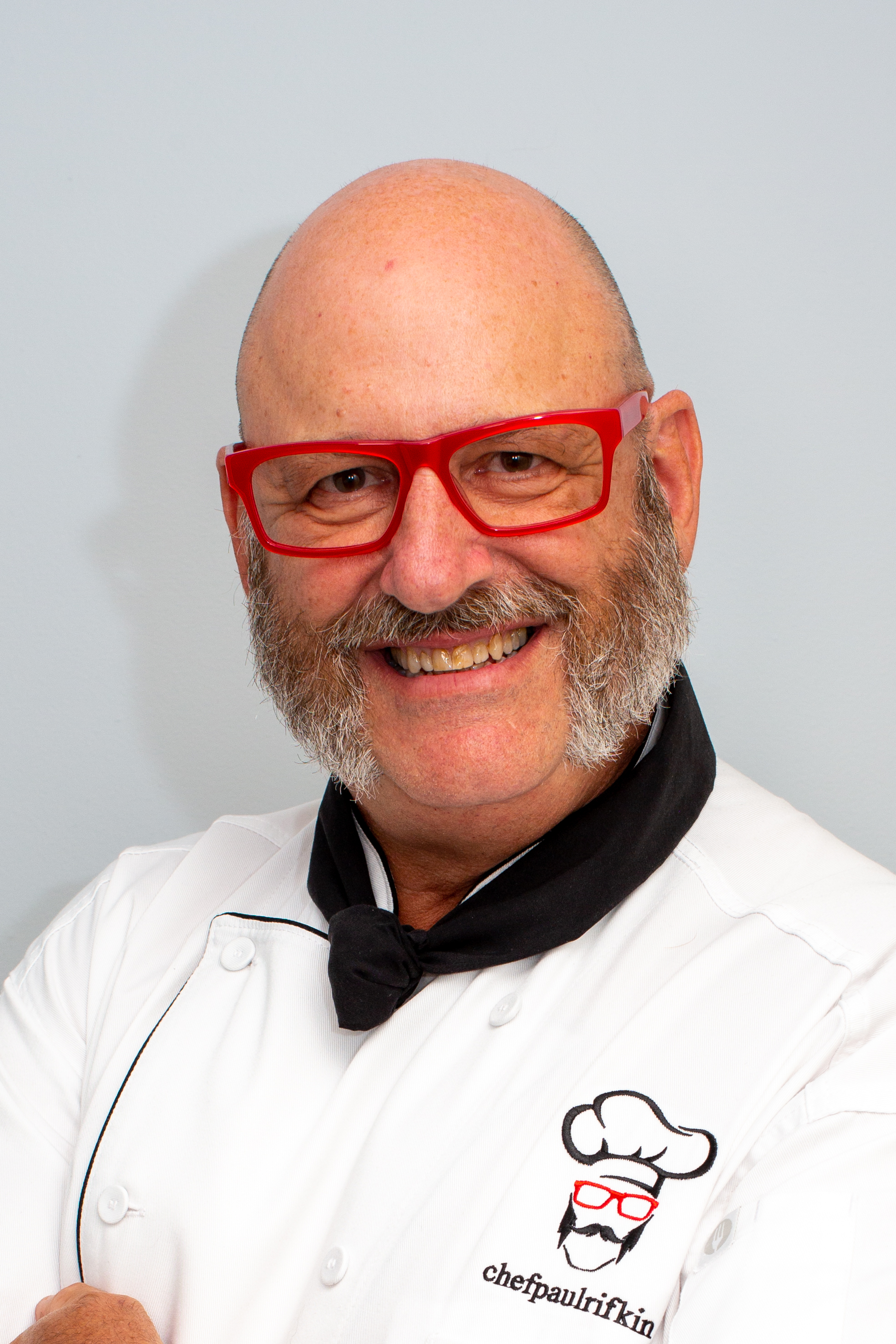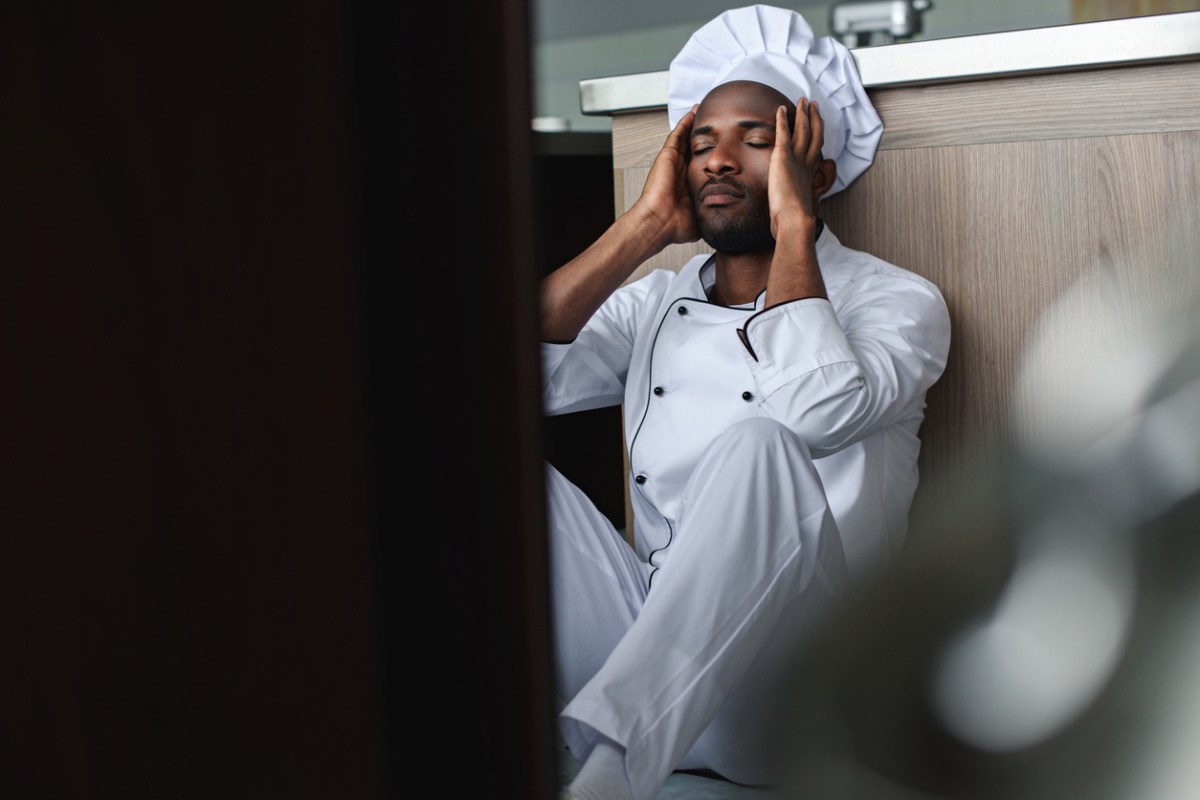A new year has begun, and it’s a transient time for many head chefs and managers to start musing over whether they want to be in the same role for another year. Or, whether they want to jump ship to look for greener pastures and a new challenge.
As an executive chef who has worked in large venues, I had some stints that lasted 10 months, others two years and another for nearly 17 years. I found myself leaving from one place to another mostly because I felt I reached career stagnation and there was no room to grow — or at least in my mind. Not once did I just up and leave without notice.
But in a world where trade has been very busy, coupled with staff shortages, more-than-usual difficult customers and high volumes of weather-related supply chain disruptions, it’s easy for head chefs and managers to be rethinking their current roles.
After 45 years’ experience in the kitchen, I understand what keeps chefs and what drives them away. I find what partly drives them away is staff burnout, and is usually because a manager has set unrealistic expectations and refuses to discuss alternative solutions.
If you want to retain your chefs and their team, now is the time to review your management style. It is imperative to spot the early signs of staff burnout. Be mindful of the silent protestor — they might one day just up and go, which is never ideal.
While communication is important, it’s also critical to build a trusting relationship with each staff member, so they know you value them. It will take commitment and discipline on your part as you begin to actively build these relationships.
Make time to review how you relate to each staff member. Be brutally honest with yourself. Write it down, determine who you favour, how you treat them differently and why. Think about how other staff view this and the affects this can have on their performance. Are you putting your attention on the wrong people? The real key to this process is: be real and genuine.
There’s no better time to start than now. It’s a new year and it’s time to change your leadership style.

Paul Rifkin: Head Chef Mentoring and Fine-Tuning Specialist for Club Catering
chefpaulrifkin consulting


Hi Paul,
Your comments are all very true and I agree with your sentiments regarding ones capacity to cope with the stress in a commercial kitchen irrespective of the culinary sector.
However, I would like to add the impact of experiencing sound technical education and training that contains SUFFICIENT RIGOR to be a chef.
In the contemporary culinary world to be regarded as a “chef” only calls for very minimalist competencies and in reality, not even that; particularly where employers, for whatever reason, employ semi trained and expected to perform as fully trained.
Currently the vast majority believe to be a chef only requires the ability to prepare and serve delicious food. However, as Geffrey Gear Senior Vice President of Tchef, stated that being a chef goes beyond just cooking delicious food.
Stress has always existed as a factor in a commercial kitchen; however, it appears to have gathered momentum and industry focus in recent years.
I have been around for a long time and (notwithstanding not on the gig anymore), have seen the ever-increasing swing over decades to address the ability of cooks and chefs to cope with their stress, and suggest there is a direct correlation between their level to cope and the diluted education and training that has now advanced to be a major contributing factor.
The higher the skill set and knowledge, helps one to develop feelings of competency and growth, in turn confidence can alleviate the level of stress and cooks and chefs are better equipped to cope in the kitchen through confidence.
George Hill